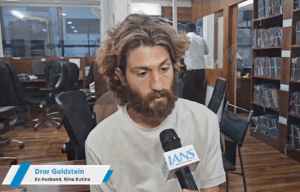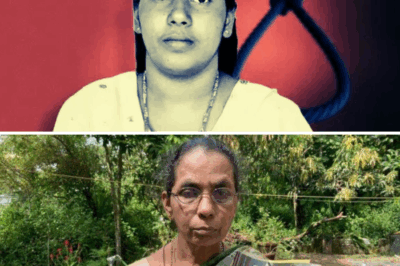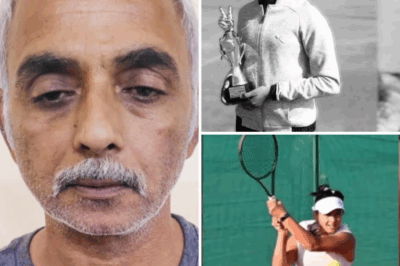In a world increasingly connected yet divided by borders and legal systems, the story of one father’s relentless effort to stay close to his daughters highlights the emotional and bureaucratic struggles many face today. His journey spans continents, from Israel to India and Ukraine, driven by love, responsibility, and hope for a better future for his children.
The story begins back in 2017 when he first arrived in India, landing in Goa shortly after traveling from Mumbai. There, he met Nina, a woman living close to nature with her two sons. They grew close quickly, and he rented a house for the family where they lived together for seven months. His bond with Nina’s family grew deeper when their two daughters were born. For a time, they lived in Ukraine, and after the pandemic, he frequently traveled between Israel and India, spending roughly six months each year in Goa. His visits were not just for business or music projects but to be with his daughters and support them financially, consistently sending money to cover rent and daily needs for over six years.
Despite this dedication, challenges arose when Nina and the children disappeared from Goa at the end of 2024 without informing him. Concerned, he filed a missing persons report and later learned through her friends that Nina was staying near the main beach in Gokana. When he found them, the relationship was strained; Nina allowed him only limited time with their daughters. Though the encounter was difficult, seeing his children safe was a relief. He also provided essential supplies and a new bank card to help Nina care for the family.

A recent trip back to Goa was complicated by external factors—a war in Israel forced flight cancellations, delaying his return. Yet his determination didn’t waver. Upon hearing alarming reports, he immediately booked a flight to Bangalore to be near his daughters and do whatever he could to protect and support them.
Central to his struggle is the fight for shared custody. He hopes the children can live with both parents, ensuring stability and allowing him to actively participate in their upbringing. He is particularly concerned with their education—he wants to guarantee that his daughters receive proper schooling in reading, writing, and math, alongside the social skills they need to thrive.

The legal landscape adds complexity. The younger daughter was born in India and is around five and a half years old, while the elder daughter, born in Ukraine, has spent the past five years in India. Custody laws prioritize the child’s habitual residence, giving Indian courts jurisdiction. However, the father stresses that immediate deportation of the children and Nina to Russia would be unjust and harmful. International laws and conventions emphasize the welfare of children, insisting that decisions on custody must consider their best interests, not just legal technicalities.
Despite being the biological father and financially supporting the family—even though he and Nina were never married—he has faced obstacles meeting with the children or Nina. Attempts to resolve the situation amicably have been blocked, leaving deportation as the only option currently on the table.
The father calls on the government to halt any immediate deportations and allow time to determine a custody arrangement that serves the children’s well-being. He hopes for a peaceful resolution that keeps the family connected rather than tearing them apart. His story is a powerful reminder of the human side of legal battles—where behind every case are children’s lives, relationships, and futures at stake.
News
A Mother Beyond Blood: Mahhi Vij Opens Up About Raising Khushi and Rajveer Like Her Own Ask ChatGPT
Sometimes, it’s not blood that defines family, but love, compassion, and the willingness to open your heart when it’s least…
The Nurse Facing Execution in Yemen: Nimisha Priya’s Fight for Life and Justice
Nimisha Priya’s story is one that shakes the soul—a tale of courage, desperation, and the harsh realities faced by many…
At 90, Dharmendra Finds Solace in Farming Away From Family: A Look Into His Peaceful Farmhouse Life
At 90 years old, Bollywood legend Dharmendra has chosen a life far removed from the hustle and bustle of Mumbai’s…
New Love or Just Lights, Camera, Action? Rumors Swirl as Shefali Bagga and Faisu Spark Dating Buzz
Social media has been buzzing with speculation, curiosity, and a fair bit of confusion after internet star Faisal Shaikh—better known…
Once a Star, Now Forgotten: Beloved TV Actress Found Disoriented on Streets of Bengal
In a heartbreaking twist of fate, a once-famous face from Bengali television and film has resurfaced under circumstances that have…
A Father’s Confession: The Shocking Truth Behind Radhika Yadav’s Murder
When the news broke that 25-year-old tennis prodigy Radhika Yadav had been killed by her own father, the nation reeled…
End of content
No more pages to load













